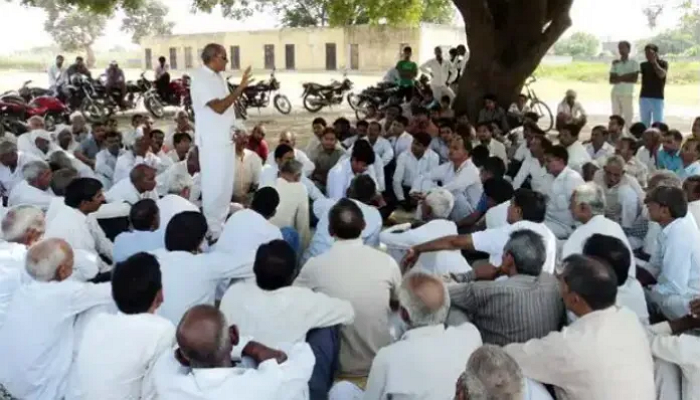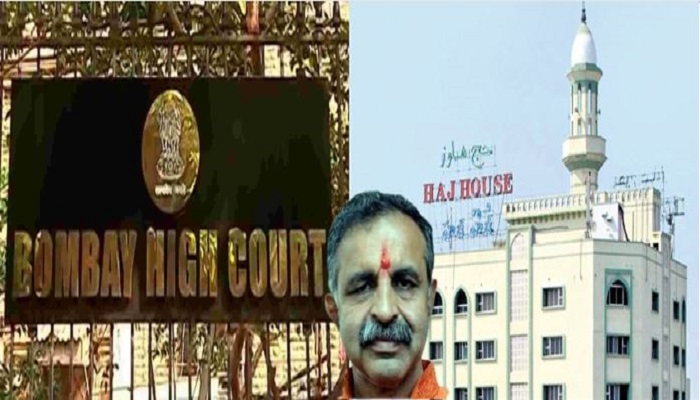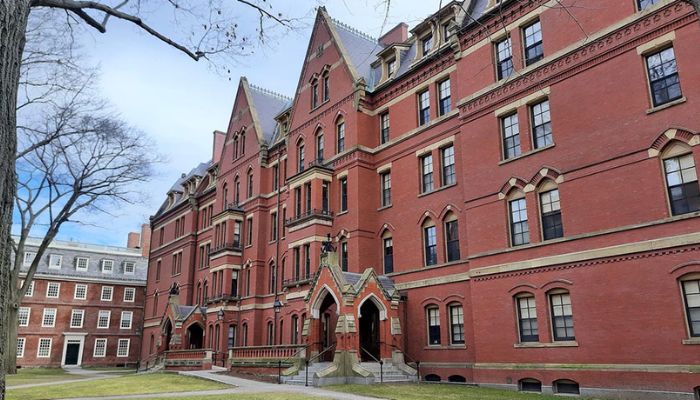Haryana govt sends show cause notices to gram panchayats over banning entry of Muslims

[ad_1]
Following communal unrest in the Nuh district on July 31, the Haryana government has started the process of delivering notices to multiple gram panchayats and sarpanches (village heads) who had written letters to block the entry of Muslim traders into their villages.
These show-cause notices have been handed over to a number of gram panchayats and their corresponding sarpanches throughout various districts in accordance with section 51 of the Haryana Gram Panchayati Raj Act, which pertains to the suspension and removal of a sarpanch or panch.
The gram panchayats and sarpanches have received the summons, according to Mohd. Imran Raza, Deputy Commissioner of Rewari. They are obligated to respond which would be taken into account before the administration proceed to take further action.
The potential of FIRs (First Information Reports) against some of these gram panchayats and sarpanches has also been reported. The inquiries were directed to the Deputy Commissioner by the Superintendent of Police of Rewari, Deepak Saharan who noted the sensitive nature of the situation.
P K Agrawal, the director general of police, was unavailable for any comments. Senior state officials have, however, made it clear that anyone engaged in undermining communal cohesion is set to incur the appropriate consequences.
It is notable that earlier this week, around 50 Gram Panchayats in the districts of Rewari, Jhajjar, and Mahendragarh had issued letters banning the entry of Muslim traders into their villages after Muslim mobs attacked the Jalabhishek Yatra of Hindus in Nuh on 31 July which claimed 6 lives and injured dozens. The unrest gradually spread to other parts of the state including Gurugram which created an atmosphere of shock and despair for Hindus.
Devender Singh Babli, the minister of Haryana Development and Panchayats, had affirmed that such conduct was illegal and that anyone seeking to impose such diktats would face severe legal consequences.
The sarpanches contended that their goals were to confirm the identities of street vendors, specifically those from the Muslim community in order to avert the upsurge in the instances of bovine theft and preserve peace in the wake of the Nuh tragedy. However, later the letters were withdrawn after getting legal advice that boycotting a community on the basis of religion was against the law.
[ad_2]
Source link



